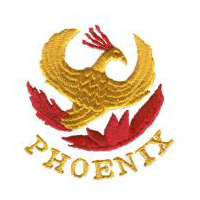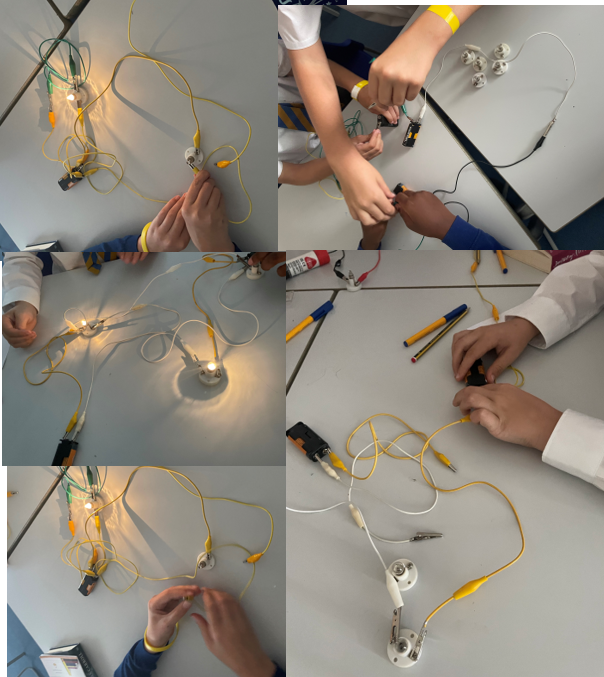Science
What is the vision for Science at The Phoenix Primary School and Nursery?
Intent
Our vision for Science, is to develop critical thinkers who can observe the world around them both objectively, but also with a sense of wonder. We intend to inspire, stimulate and excite children’s curiosity and fascination about phenomena and events in the world around them. We will develop their scientific knowledge and conceptual understanding through the specific disciplines of biology, chemistry and physics. We will develop their scientific language, enabling children to talk about their methods and explain their findings and conclusions. Through their Science lessons, children are also encouraged to think of themselves as custodians of their environment, and to see Science as a vehicle for both sustaining and improving life on Earth. The curriculum will motivate them to become effective communicators of scientific ideas, facts and data whilst enhancing their practical skills of scientific enquiry:
- To enhance pupils’ practical skills involving: meticulous observation, accurate and appropriate measuring, the making and testing of hypotheses, the design of fair and controlled investigations, the drawing of meaningful conclusions through critical reasoning and the evaluation of evidence.
- To become effective communicators of scientific ideas, facts and data.
- To ensure that basic concepts and techniques are established thoroughly as a foundation for further learning.
- To develop a set of attitudes that will promote scientific ways of thinking, including open-mindedness, perseverance, objectivity and recognition of the importance of teamwork.
- To stimulate enquiry into the nature of our environment and our place within it with a view to developing increasing environmental awareness resulting in young people with respect for our planet.
Finally, Science is seen as a discipline that is open to all; regardless of ability, gender, cultural background or ethnicity.
How is this vision for Science to be achieved?
Implementation
Children who take part in Science lessons at the school will:
- Progressively develop the key scientific skills of: observation, measurement, research, testing and experimentation, recording, and critical analysis of data.
- Develop scientific language, enabling children to talk about their methods and explain their reasoning.
- Develop the confidence to apply what they have learned to a variety of situations and to realise the cross-curricular links that are possible within the subject of science.
- Explore how humanity is affecting the environment and what Science can do to improve matters.
- Understand how science impacts on society in general.
- Learn about the lives, working methods and achievements of scientists from around the world.
- Share and celebrate achievements in Science, both in school and the wider community.
- Visit places that raise questions in Science and encourage children to explore and experiment further.
How does the school know if the Science curriculum has been effective?
Impact
Firstly, children who have followed the school’s Science curriculum will be thoroughly equipped with the key skills, knowledge and vocabulary, to access the more specialised scientific curricula at secondary school. Furthermore, the emphasis on thinking objectively in Science will have prepared children to thoughtfully evaluate what they see and hear in society, and thus discount false or misleading information. Children will also, through the process of scientific debate in school, be more prepared to listen to and respect the views of others. Our Science curriculum will also have encouraged children to think practically and creatively about how they, as active citizens of the future, can contribute to developing a sustainable environment for all. Finally, by encouraging children to see Science as being accessible to everyone, a significant number of our children will have been inspired to follow careers in Science once they reach adulthood.
Assessment
At the beginning of a new science topic children will illicit their current understanding through a mind map. Learning objectives for each lesson will then be stamped as ‘achieved’ or ‘working towards’. At the end of a topic children complete a second mind map to show their progress in knowledge and skills within that topic.
The skills of ‘Working Scientifically’ will be assessed during investigations, using the bookmark inside the front cover of their books. Assessment is updated half-termly.

 The
Phoenix Primary School & Nursery
The
Phoenix Primary School & Nursery

